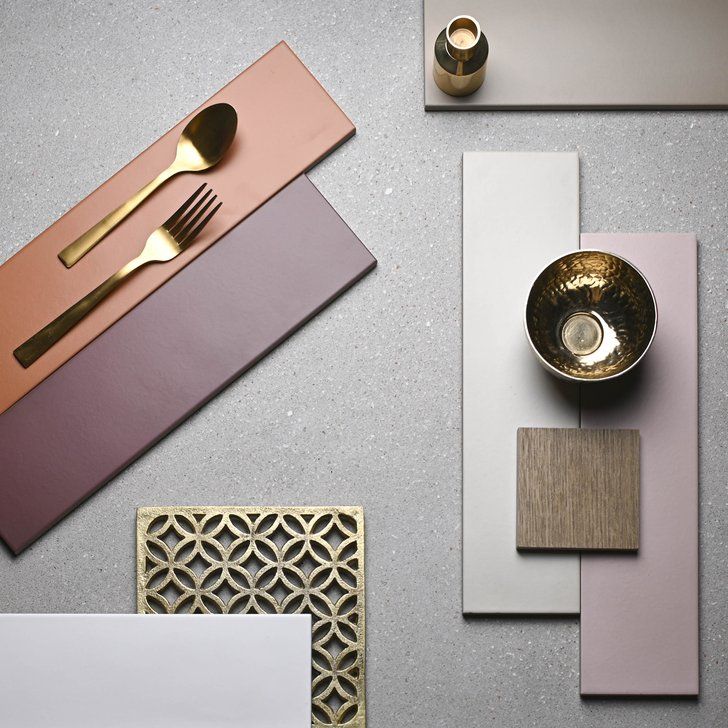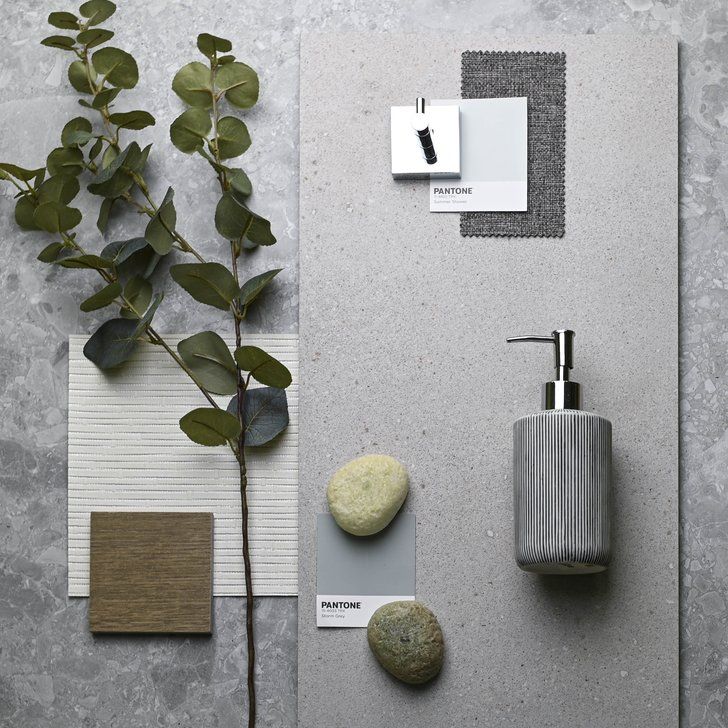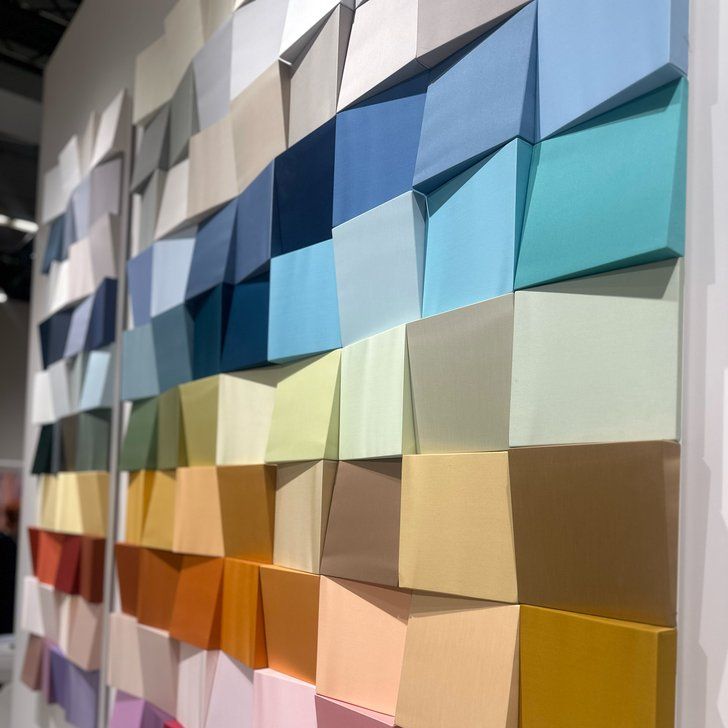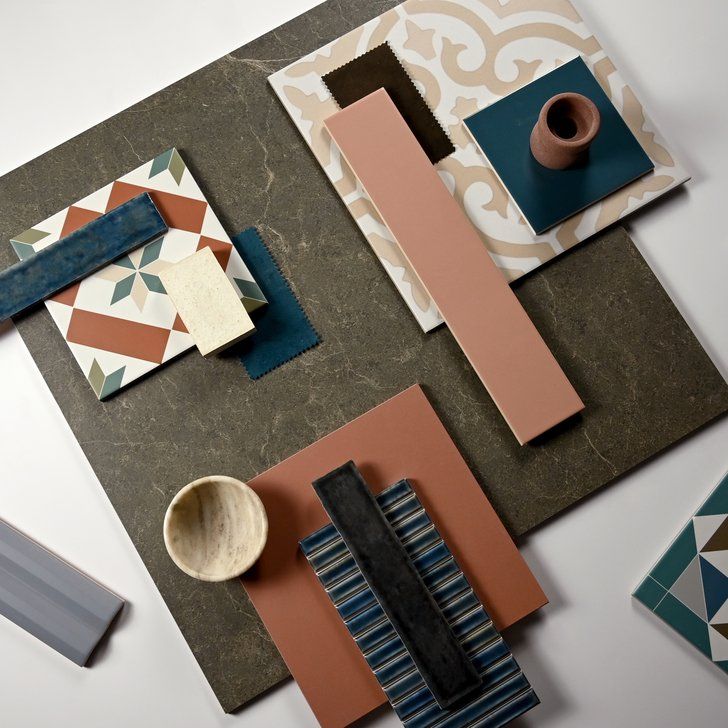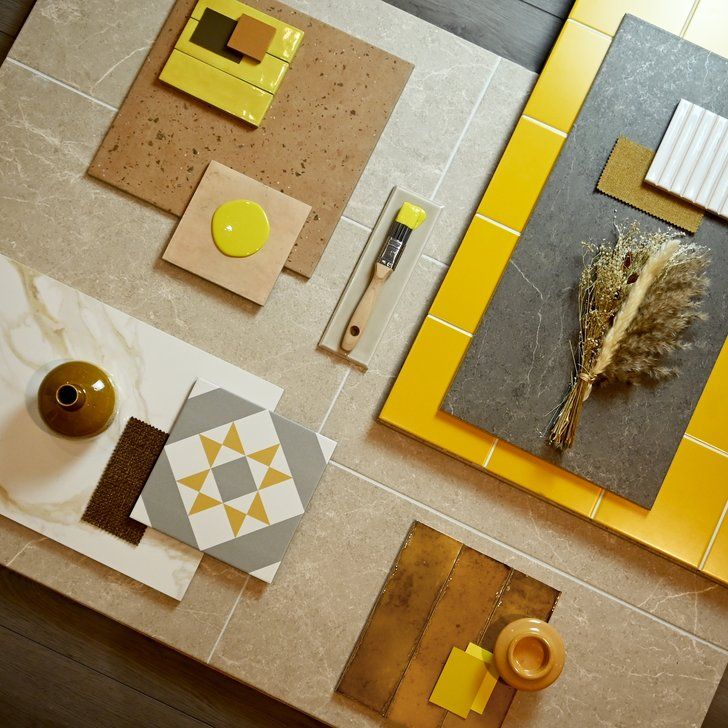Wellness in design: Taking inspiration from Clerkenwell Design Week 2025
This year, wellness took the spotlight, with a clear emphasis on how design can actively support health, calm, and emotional wellbeing.
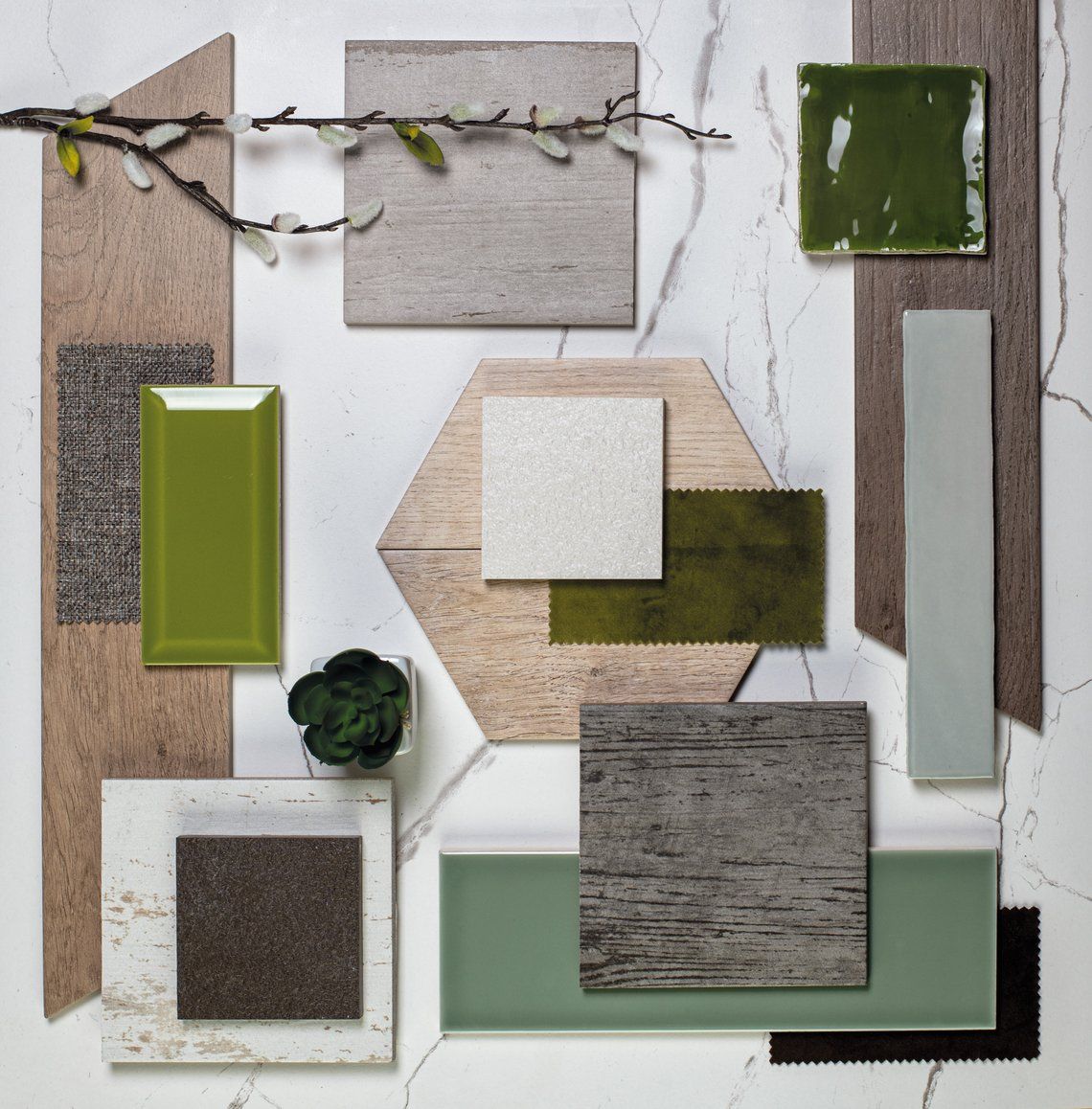
Clerkenwell Design Week 2025 once again cemented its place as a cornerstone of the UK design calendar—bringing together architects, designers and leading brands to explore the future of interiors. This year, wellness took the spotlight, with a clear emphasis on how design can actively support health, calm, and emotional wellbeing.
Conversations spanned bold bathroom statements as sanctuaries of self-care, the integration of wellness into residential and hospitality design, and creating more human-centric workplaces. One standout session came from House of Rohl, whose discussion on “Interior Design, Wellness & Outdoor Bathing Spaces” captured the growing appetite for restorative, sensory-rich interiors.
The message was clear: wellbeing is now central to meaningful design.
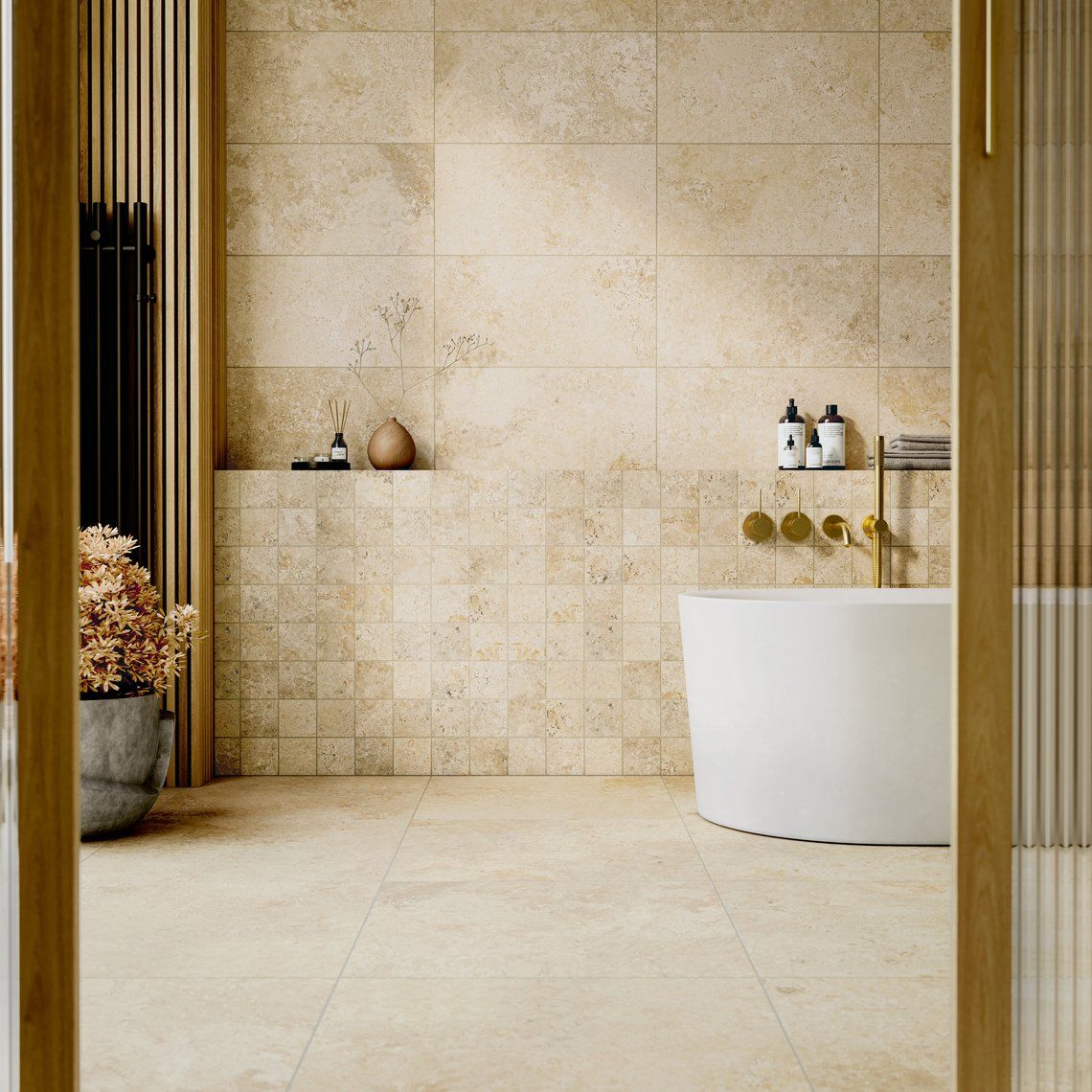
One of the most resonant discussions, “The Importance of Colour and Biophilia in the Workplace”, championed how organic elements both visual and tactile—have a measurable impact on wellbeing. Wellness in design is no longer a trend; it’s a framework.
The evolution of bathroom design emerged as a standout example—spaces are shifting towards spa-like escapes. Designers are leaning into natural materials, earthy tones, and fluid, organic shapes that promote calm and connection. This human-centric approach is also finding its way into hospitality, education, and even high-traffic workplace interiors.
Surfaces play a central role in shaping wellness-driven interiors. Here’s what’s inspiring designers now:
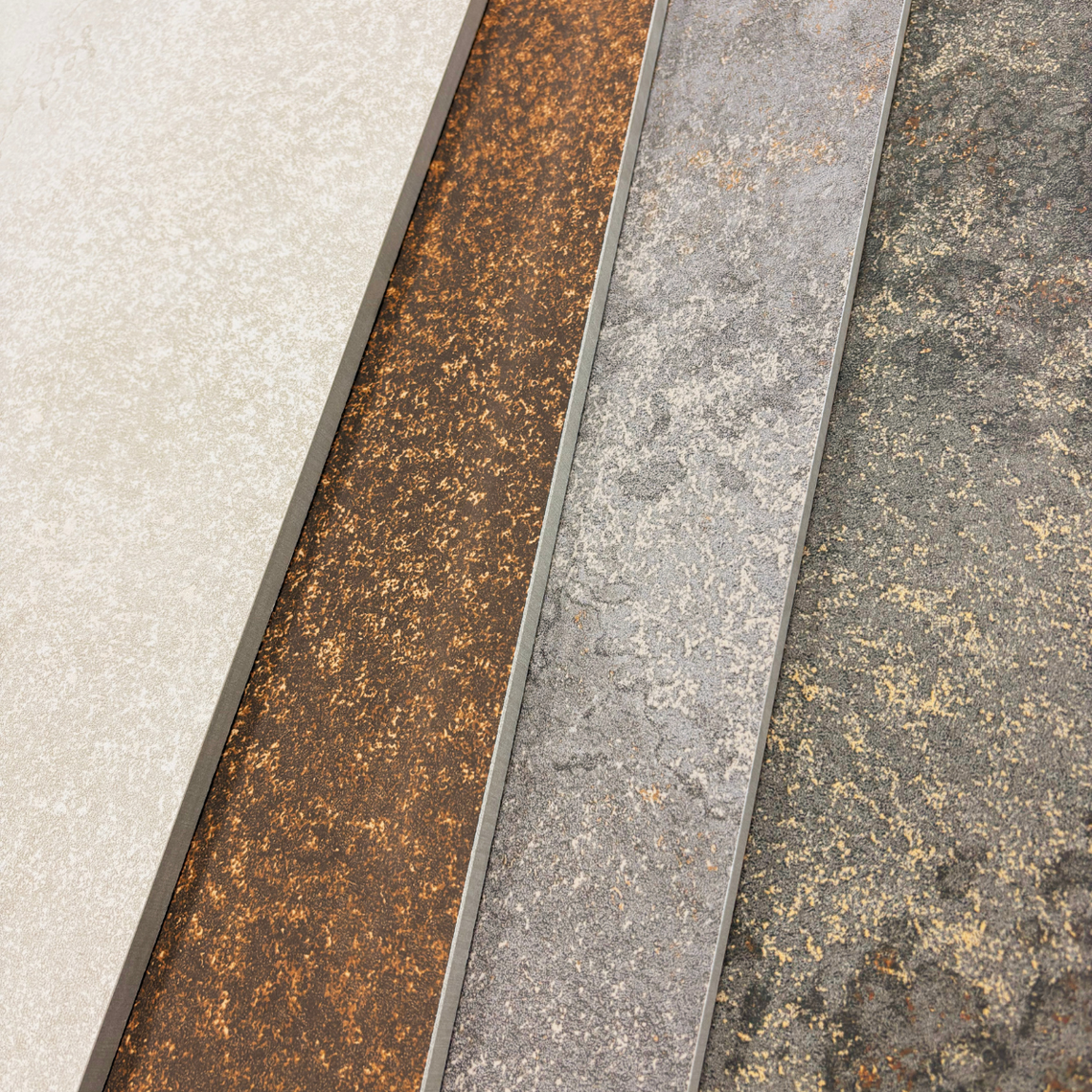
Natural Materials
There’s a growing return to materials that echo the outdoors.
Stone, clay and terrazzo-style tiles introduce a raw, honest beauty that brings depth and authenticity to interior schemes.
Their natural textures and subtle tonal shifts add depth and warmth, softening interiors and creating a more inviting, comfortable atmosphere.
These natural finishes can create a grounding effect, helping us feel more connected to the environment around us.
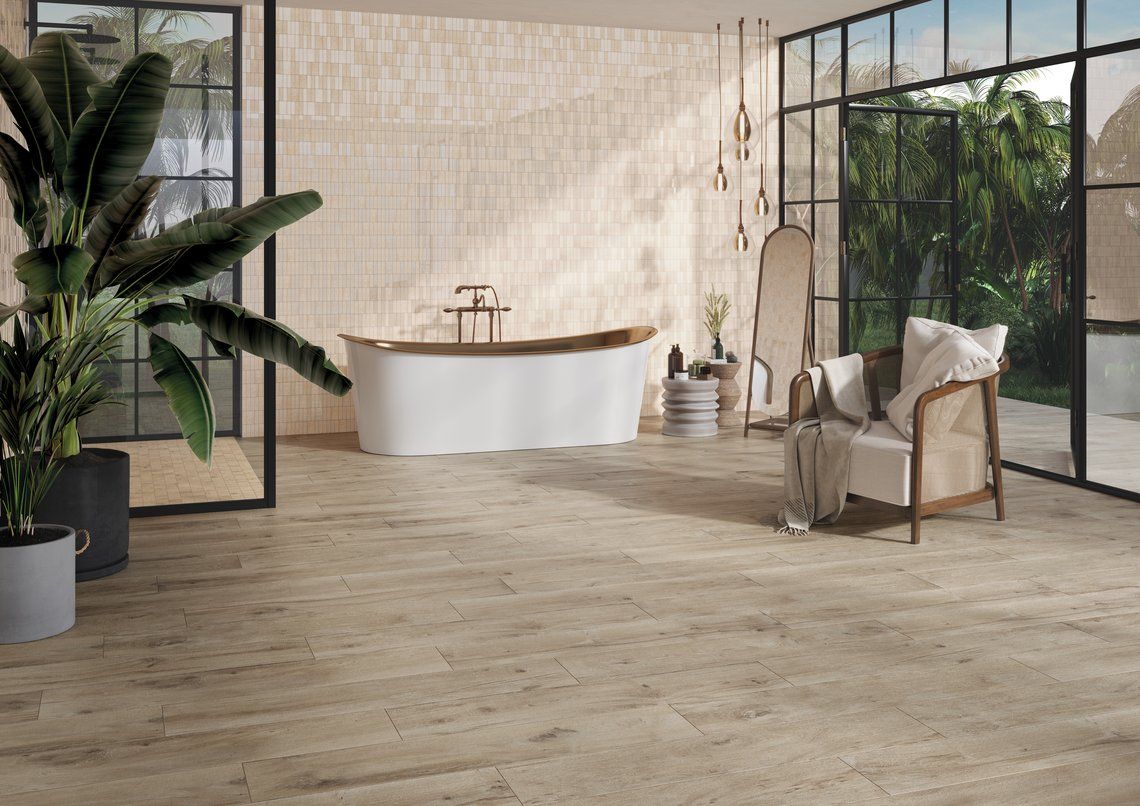
Textural Grounding
More than just visual interest, textured surfaces offer a gentle sensory experience.
Slight undulations, grooves or matt finishes can trigger subtle tactile responses—reminding us of natural elements like pebbled earth or flowing water.
Designers are embracing texture as a way to reduce sensory fatigue and support emotional regulation, especially in spaces designed for rest, reflection or focus.
Timberline brings the warmth and texture of natural wood into interiors, tapping into biophilic principles with a timeless, nature-inspired aesthetic.
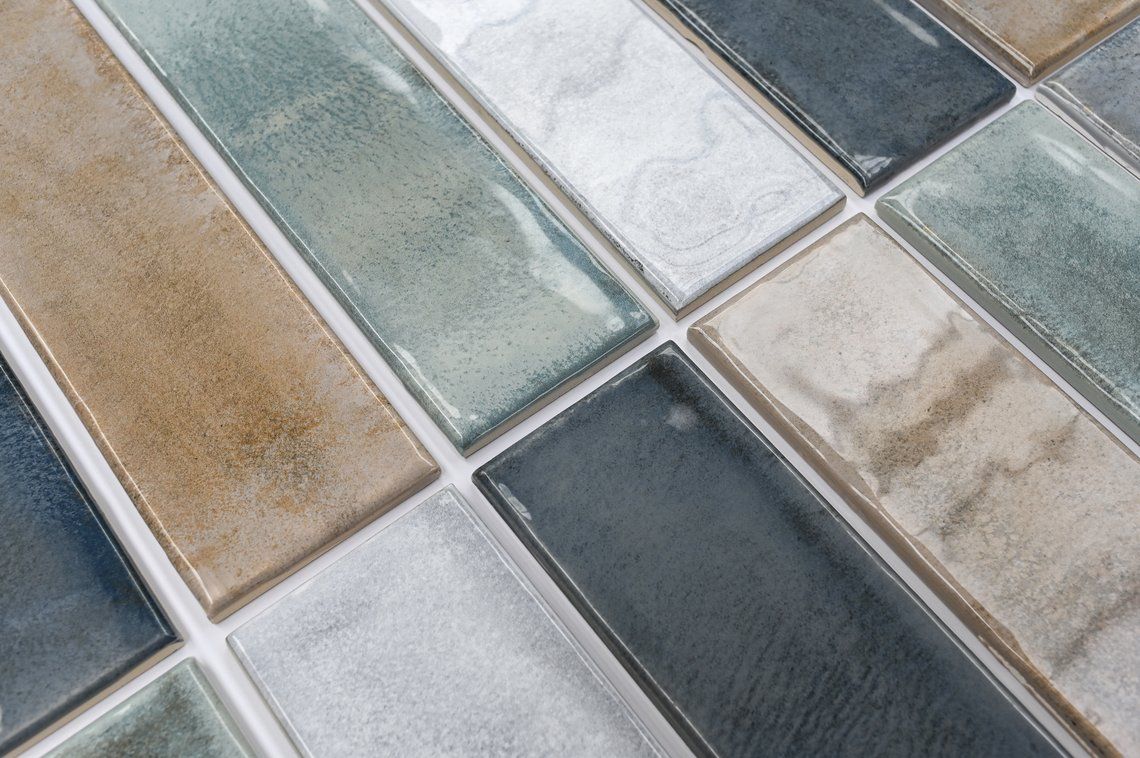
Calming Colour Palettes
Soft neutrals remain a mainstay of wellness design, but there’s an increasing tilt towards warmer shades—creamy whites, muted beiges and gentle browns that bring a sense of safety and peace.
Colours like sage green and dusky blue also play a role in lowering visual stress. When layered thoughtfully, these palettes can soothe the nervous system and create atmospheres that feel slow, mindful, and restorative.
Melrose offers a calming palette of muted greens, earthy blues and gentle neutrals—ideal for spaces designed to restore and soothe.
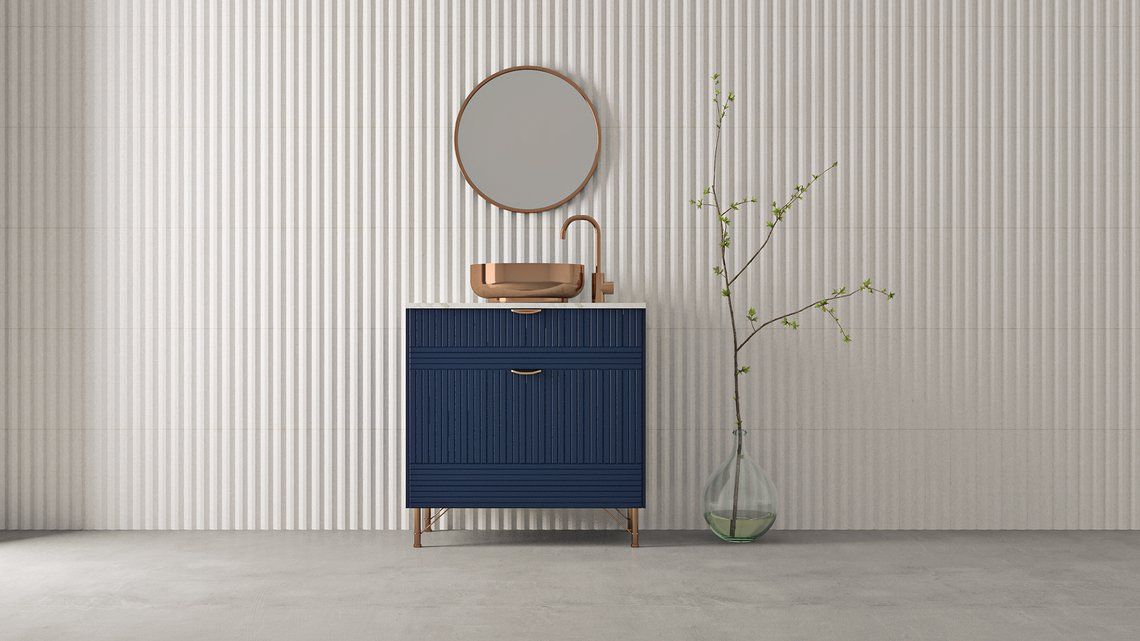
Curved forms
In wellness-led interiors, geometry is becoming softer and more fluid.
Curved tile shapes such as fans, scallops, arched formats and pebble mosaics introduce gentle movement and mirror natural patterns, which instinctively feel more calming and comforting than sharp or angular lines.
These organic shapes promote flow and ease, helping interiors feel more intuitive and aligned with how we live.
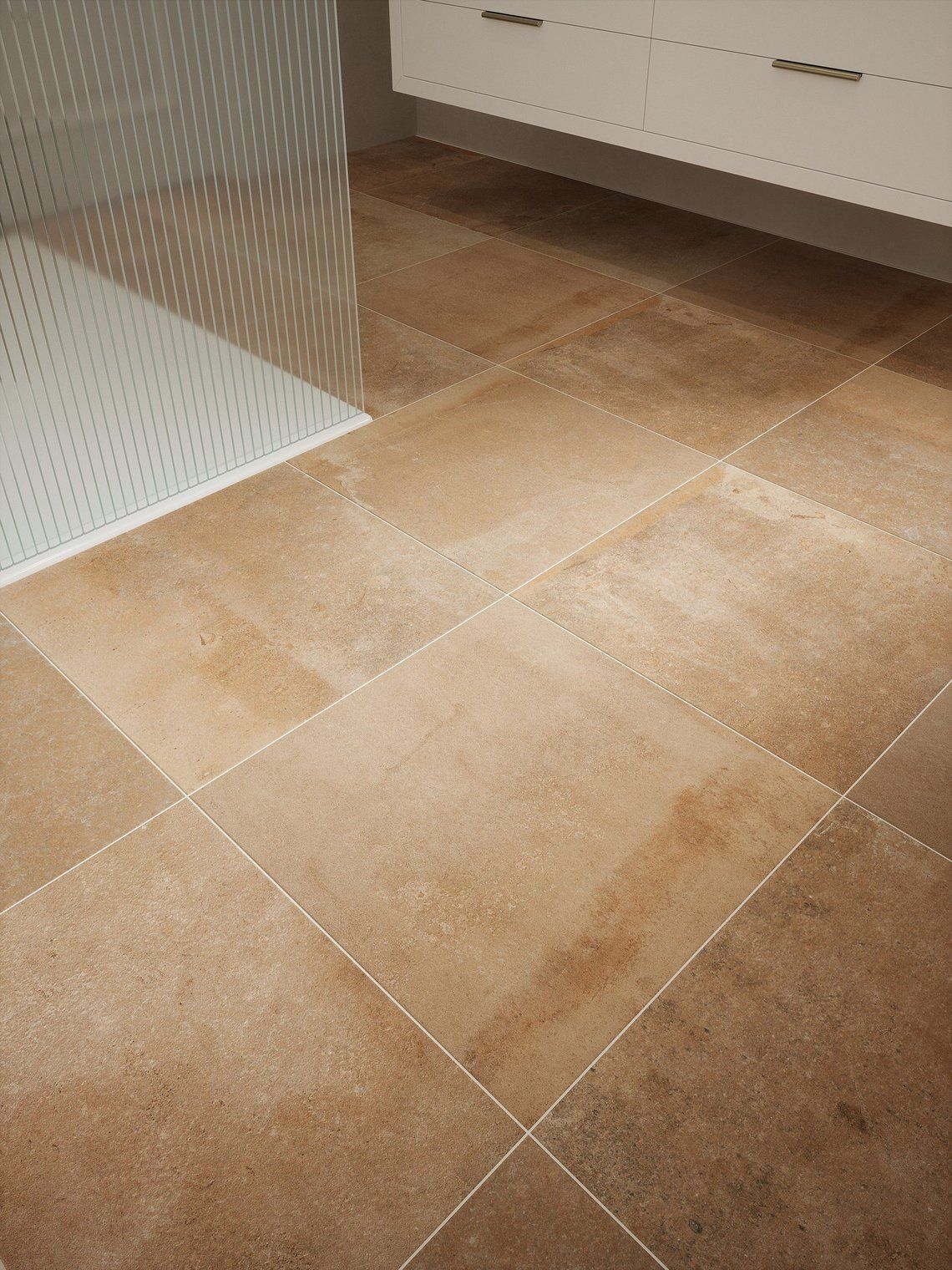
Biophilic integration
Tiles are playing a key role in bridging indoor and outdoor zones through seamless thresholds, garden-facing bathrooms and light-reflective surfaces that maximise natural daylight.
When layered with elements like wood, greenery and water, these design choices create calming, sensory-rich environments that reduce stress, support focus and enhance overall wellbeing.
Cortona, evokes a spa-like calm through subtle travertine detailing—perfect for creating serene, retreat-like spaces. For a deeper, grounding atmosphere, Kotto introduces rich terracotta tones that add warmth and authenticity.
As our Senior Designer, Amy Pears, puts it: “Great design isn’t just about beauty or impact—it’s about creating spaces that offer comfort and make people feel genuinely good.” Whether you're reimagining a boutique hotel or redesigning an office breakout zone, wellness is no longer a luxury. It's the foundation for meaningful and enduring design.
Explore our full tile range—including wellness-inspired collections like Cortona, Timberline, Kotto and Melrose here.


